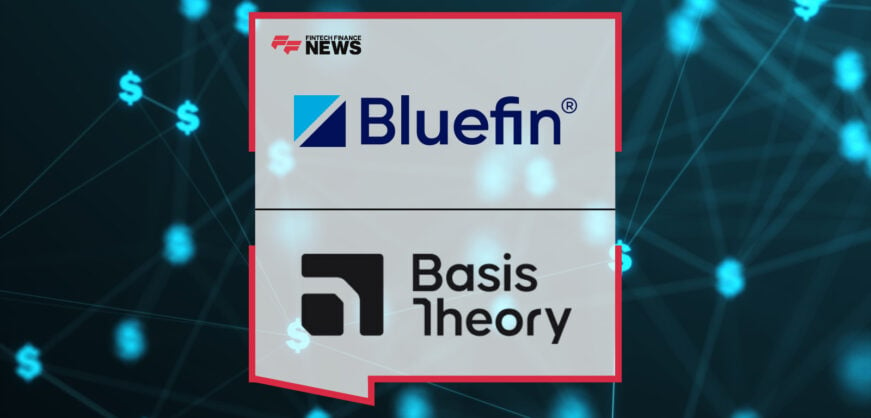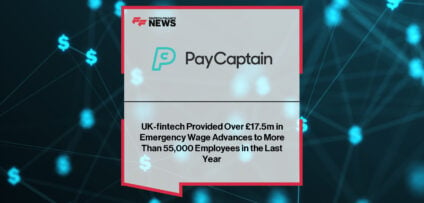Breaking News

Where do cryptocurrencies stand now?
By Thomas Hulme, Cryptocurrency specialist at Mackrell Turner Garrett
This time last year, 1 Bitcoin (“BTC”) was worth around $12,000, today (5 December 2018) 1 BTC is worth just around $4,000, a fall in
The majority of the other cryptocurrencies’ price is correlated (generally) with BTC and therefore the total capital invested in cryptocurrencies has declined.
A recent parliamentary inquiry determined that cryptocurrencies should be named cryptoassets, as their nature is more similar to an asset than a currency. I agree with this and I will refer to them as cryptoassets throughout this article.
Introduction
Within the last 12 months, the world has seen a flurry of new information, cryptoassets, infrastructure and new legislation in multiple jurisdictions in the cryptoasset-market.
There have been three main players in the cryptoasset-market: the cryptoassets (or the companies/organisations that produce and police them), the infrastructure (exchanges, wallets, market makers) and the investors (funds and individual, or those making deals to trade with each other).
Has the bubble burst?
The debate between typical investors, professionals in the financial market, and the dedicated participants of the cryptoasset-market is substantially about the fundamental value of cryptoassets.
Many professional investors believe that cryptoassets have no fundamental value and that their price derives from pure speculation. Positive price speculation, by using only technical analysis to determine value and the pressing fear of missing out, is an indicative factor in a bubble market.
In hindsight, it appears that cryptoassets have been in a bubble market, with its hyper-growth and then subsequent decline.
The investors view is, that although blockchain technology has a fundamental value, the majority of cryptoassets simply do not.
When Ethereum (“ETH”) was brought to the cryptoasset-market, it allowed companies to create cryptoassets based on the Ethereum blockchain, which were sold as a way of fund raising; this boosted the cryptoasset-economy, perhaps in a false way.
We are yet to determine what is the future of the cryptoasset-market. Its short but bright light may fizzle out or infrastructure and regulation will continue to grow and that light may transform into a bonfire.
The Cryptoassets
After the spike in the price in BTC and once ETH was brought to market, investors and entrepreneurs saw an opportunity to take advantage of non-sophisticated investors, who are prepared to purchase some cryptoassets in the hope of the rapid increase in price. This brought on the Initial Coin Offering (“ICO”) wave that saw hundreds of new cryptoassets emerge.
As some of these cryptoassets can be used to purchase a developing product or service; It was the fundraising choice for start-ups. Other companies have created cryptoassets as a store of wealth and others are backed by an asset, such as gold.
Although infrastructure has developed, for the benefit of the investors, the price of the majority of cryptoassets has dramatically fallen. When an asset’s price falls, it means that those willing to purchase the asset are no longer willing to pay a higher price.
ICOs seem to be outdated and the new trend appears to be Security Token Offerings (“STO”). An STO is the fundraising by issuing cryptoassets that cannot be exchanged for a specific good or service in the future, but will pay the bearer a dividend or have some other specific financial attachment to it. Like ICOs, this may be another bubble, or it may find use in the typical financial markets, however, this is an investment for the cryptoasset entrepreneurs to determine.
From a legal perspective, this is going to raise many questions. Securities or financial products are typically regulated in most jurisdictions in one way or another. This means that those who were able to issue cryptoassets by way of an ICO, without any licence or regulatory requirements, will now have to undergo strict requirements, which are determined by each jurisdiction’s governing body of securities.
This will mean that all STO issuers will need to spend some more capital and time, ensuring they are compliant with relevant laws and regulations.
The infrastructure
Since the rapid rise of the price of cryptoassets, infrastructure has been built to house cryptoassets and to provide investors with a way to deal with them in an efficient manner. The main players in this subsector are the wallet providers, the exchanges and the brokers. These companies have profited from the rapid increase in price, as investors are using these companies to trade their cryptoassets via an exchange. The exchanges profit from transaction fees and a spread in the price.
These companies will continue to profit while the market is still active. However, due to fall in the general price, it is expected that less profit is being generated due to fewer transactions occurring in the market. STOs are a growing opportunity and I expect the exchanges and wallet providers to take full advantage of any cryptoasset being issued by way of STO.
The Investors
The majority of investors are bearish (have a negative view) on the cryptoasset-market, which is why there has been a decline in price over the entire market. At this point, most investors would have lost their profits, if not more.
Other investors are continuing to hold on to their cryptoassets and looking out for new opportunities, perhaps in STOs, which may give them another opportunity to profit from the next increase in cryptoassets price.
Security Token Offering (STO)
As briefly stated previously, an STO is much like an ICO, but the cryptoasset issued will grant the bearer a financial gain. For example, the cryptoasset may pay the bearer more cryptoassets, or perhaps even FIAT currency (currency that a government has declared to be legal tender, but it is not backed by a physical commodity).
In the jurisdiction of England and Wales, the Financial Conduct Authority (“FCA”) is the regulating body that has conduct over financial products. They regulate it as they see fit and bring claims against those in breach.
As STOs are going to be financial products, there is a very high probability that a substantial number of issuers will need to seek legal advice to obtain the appropriate licence and comply with the relevant regulation, simply to issue the cryptoassets. Those who do not comply with the necessary rules and regulation may be subject to prosecution and the investors in those tokens may lose out financially.
In addition, the exchanges will need to look at their infrastructure. If they begin to sell, trade or deal with financial products or services, they will also need to follow strict rules and requirements and they will need to obtain certain licences.
The laws in England and the future
Cryptoassets are broadly unregulated in England and Wales and therefore the issuers of the cryptoassets, the investors and infrastructural companies have been able to deal in the industry as they like.
A recent parliamentary inquiry report has recently been released and it concludes that:
- Cryptocurrencies should be called Cryptoassets as the nature of them is that more of an asset than an actual currency; and
- They need to be regulated to protect consumers.
It is likely that cryptoassets will be brought into the scope of the FCA and incorporated into the Financial Services and Markets Act 2000 and therefore regulated in England and Wales.
Legal developments
As the cryptoasset-market has been unregulated, unchecked and the fact the price is incredibly volatile and dropped significantly, a number of disputes have arisen amongst the players in the industry.
Likely disputes are those between investors and the cryptoasset issuers and between investors and the infrastructure companies, such as wallet providers and exchanges. When individuals and companies begin to lose money, they often seek to recover that money from another person or company that they may have a grounding of claim against.
Other interesting developments in law are in smart contracts, the ability to transact using cryptoassets and the rights and beneficial interests assigned to people when holding cryptoassets.
- Bluefin and Basis Theory Partner to Enable Unified Tokenization Across Digital and In-Person Payments Read more
- Invest Bank and AUTON8 Build Partnership to Drive Digital Resilience and Banking Agility Read more
- ING’s AI Roadmap: Platform, People, and Agentic AI Read more
- UK-fintech Provided Over £17.5m in Emergency Wage Advances to More Than 55,000 Employees in the Last Year Read more
- TreviPay Announces AI-Powered Growth Center to Help Enterprises Predict Buyer Behavior and Drive B2B Sales Read more










